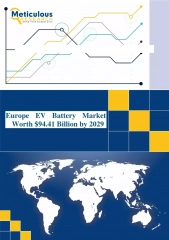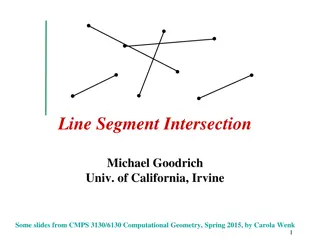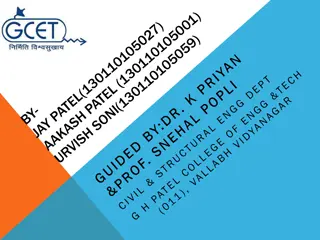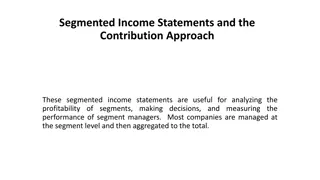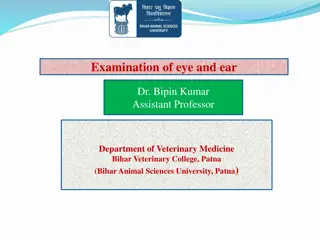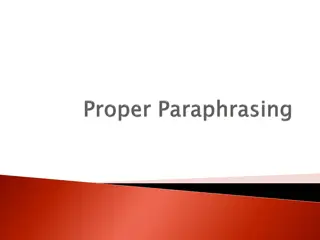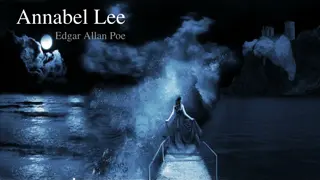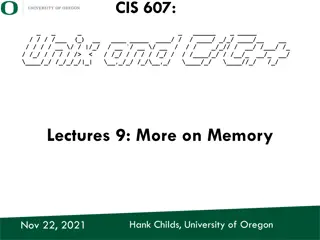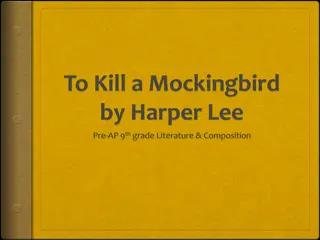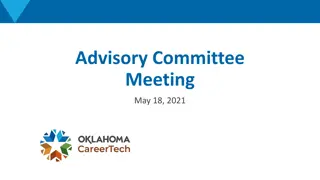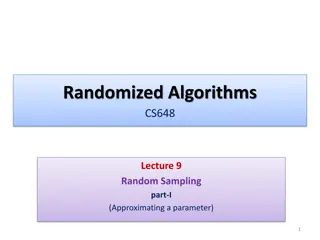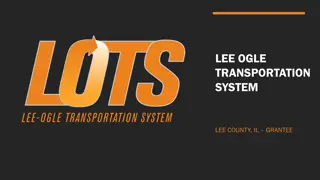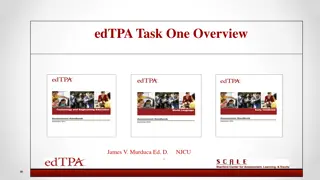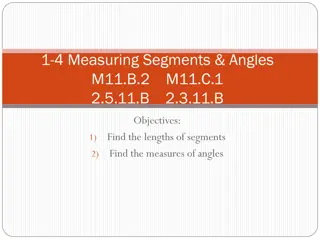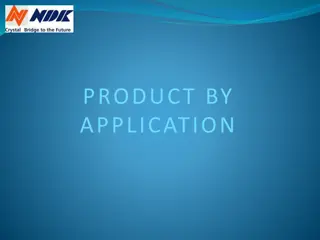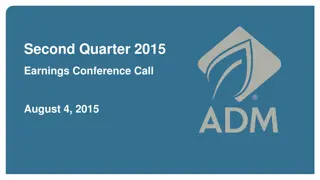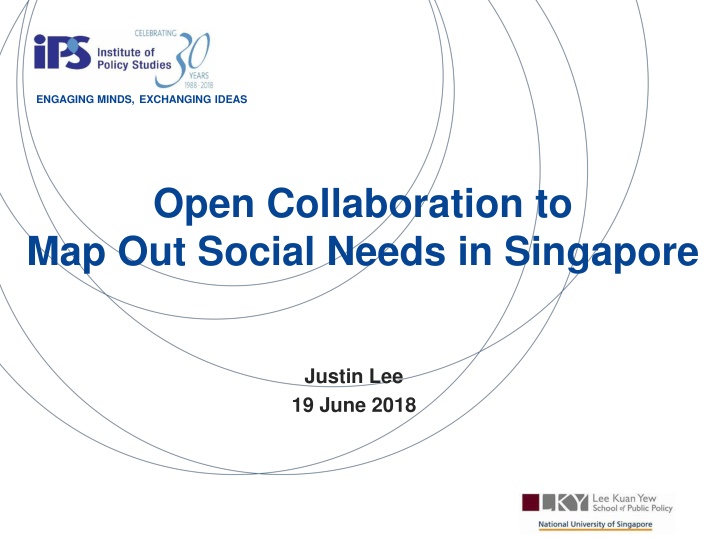
Open Collaboration for Mapping Social Needs in Singapore
Explore how open collaboration is utilized to map social needs in Singapore, involving various stakeholders and organizations to address community challenges effectively. The initiative emphasizes sharing ideas, engaging minds, and exchanging insights to enhance social services and policy development.
Download Presentation

Please find below an Image/Link to download the presentation.
The content on the website is provided AS IS for your information and personal use only. It may not be sold, licensed, or shared on other websites without obtaining consent from the author. If you encounter any issues during the download, it is possible that the publisher has removed the file from their server.
You are allowed to download the files provided on this website for personal or commercial use, subject to the condition that they are used lawfully. All files are the property of their respective owners.
The content on the website is provided AS IS for your information and personal use only. It may not be sold, licensed, or shared on other websites without obtaining consent from the author.
E N D
Presentation Transcript
ENGAGING MINDS, EXCHANGING IDEAS Open Collaboration to Map Out Social Needs in Singapore Justin Lee 19 June 2018 Engaging Minds, Exchanging Ideas
Context Knowledge of social needs mapped out by administrative jurisdictions of government agencies or specialist organisations Common to have bilateral meetings between government agencies to avoid duplications or have clear role delineations Fragmented understanding and dependent on capabilities of individual organisational Engaging Minds, Exchanging Ideas
Motivation for Open Collaboration Can technology-enabled networks to crowdsource information create more robust understanding compared to individual efforts of specialist agencies? What is Open Collaboration? Wikipedia: for encyclopaedic writing Open source movement: for software development Engaging Minds, Exchanging Ideas
wiki.socialcollab.sg Backbone organisations: Policy think tank, technology partner, centre for social innovation Voluntary organisations and community participation: Social Causes: e.g. Disability Community Network & its sub-groups, End-of-Life group Community Assets: e.g. Community Artists? Youth Workers? Service Learning Offices? Practice Researchers? Engaging Minds, Exchanging Ideas
WHAT DOES IT LOOK LIKE? A wiki site to consolidate social needs; map out community assets; determine service and policy gaps; and indicate possible solutions http://wiki.socialcollab.sg/ Progress: First informal call to action July 2016, teams formed Migration to new platform Engaging Minds, Exchanging Ideas
WHO IS CURRENTLY INVOLVED? Social Cause Partners Disability DPA, Able, Extraordinary Horizons etc End of Life Palliative care community Youth at Risk Students Care Service? Trybe? CARE? etc. Mental Health AIC? Caritas? SAMH? IMH? etc? Subpages led by: Hearing Impairment Extraordinary Horizons Arts & Disability - VSA Community Assets Possible Partners Service Learning or Community Service Offices SUSS? SMU? NYP? etc Community Arts Backbone Existing Partners Knowledge Architecture & IT IPS, A*Star/Trampolene Marketing & Partnerships Lien Centre for Social Innovation Engaging Minds, Exchanging Ideas
Case Study: Disability Performing the functions of a Council by using a Network We hadn t had all the groups we ve wanted, we ve simply had all the groups we could afford (Clay Shirky, 2008) Disability Council Disability Network Network - Affiliated but Autonomous Organisations Hierarchical - Chain of Command Legitimacy of official positions Persuasion of peers Centralised decision-making Decentralised decision-making Constitution, Terms of Reference, Bylaws Objectives, Guiding Principles & Rules Need Board to redefine Constantly refined by members Representative Democracy Direct Democracy Engaging Minds, Exchanging Ideas
CENTRALLY LED OPEN COLLABORATION Quality of knowledge - Snapshot and static - Live , constantly updated -Complete in itself, but Fragmented -Coherent accumulation: seek clarity instead of arbitrary completion Ownership Proprietary Public Growth Incremental gain Exponential growth Ethos -Best agency to do the work (do for others) -All can contribute (community helps one another) -Turf issues ( avoid duplication , role delineation ) -Democratized -Defensiveness: need to seem authoritative -Humility: transparency about ignorance Governance Hierarchy -approval required -logic of central planning Network Engaging Minds, Exchanging Ideas -distributed collaborations -logic of coordination
Ethos of Open Collaboration Winner takes all All can contribute I do this for you We can do this for ourselves Public administration, bureaucracy & managerialism Collaborative governance, distributed networks Engaging Minds, Exchanging Ideas
Participant Testimonials The fragmentation of knowledge is a huge problem for VWOs, social enterprises and researchers while there is a lot of willingness to do good, it takes a lot of effort just to find out what the needs are. You have to start building networks, talk to various people and organisations, and even after all that work, the information is not shared if everything comes to a centralized platform, all the energy, time and manpower can be channelled to solutions instead It s because we believe in it in the first place, that why we are here Engaging Minds, Exchanging Ideas
Some Achievements Community Forum and Networks Wikithon Republic Polytechnic students have populated youth-at-risk pages as part of their coursework Engaging Minds, Exchanging Ideas
Forward Plans Engaging journalists Locality based needs Engaging Minds, Exchanging Ideas
Our Journey & its Challenges Not just a research problem, but also a knowledge management problem Knowledge architecture to allow contributability & coherence Determining sound editorial policies & process Access and editorial rights (controlled or open?) Sustaining energy & commitment Contributing to the commons at your organisation s own expense New modus operandi of engagement Engaging Minds, Exchanging Ideas
What we learned about conditions for success 1. Analytic framework: From needs assessment framework to knowledge architecture 2. Tech platform: From adhoc to professional tech support 3. Participation & buy-in: From unstructured contributions to designed networks and facilitated dialogues Engaging Minds, Exchanging Ideas
Conclusion Innovations in the design of social structures, roles and norms of interactions (trulysocial social innovation) Using a network to do the job of bureaucracies Mobilisation of civil society and social movements without the overheads Engaging Minds, Exchanging Ideas
Youre late. Lets do this! Engaging Minds, Exchanging Ideas

